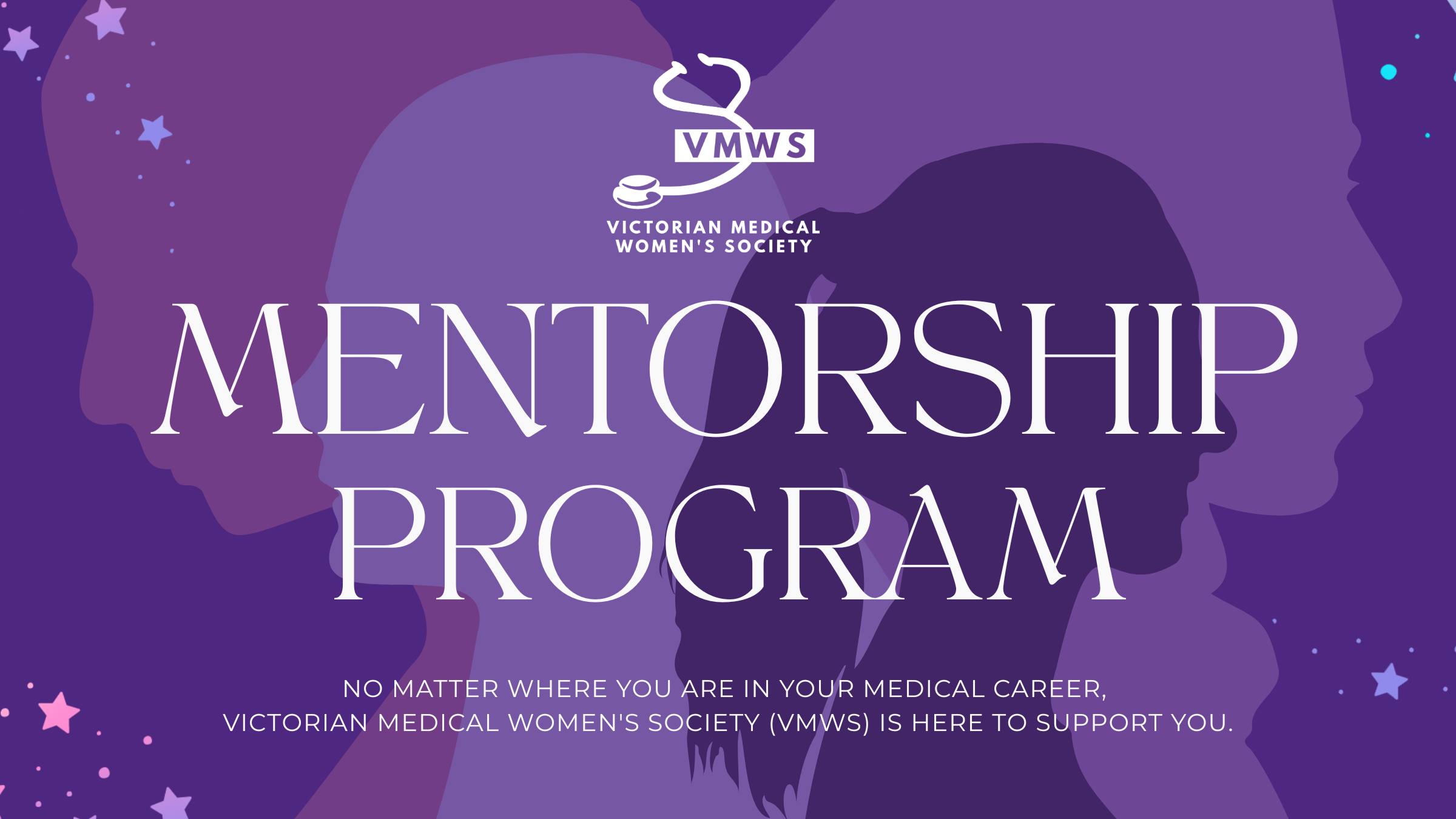Young doctors also suffer from their mistakes with emotional problems that can haunt them for years. They admit that their distress includes fear, guilt, anger, humiliation, and decreased compassion. What’s more, the distress coupled with reduced empathy can increase the odds of more medical errors and even alcohol and drug abuse.
“The evidence demonstrates that academic medicine is failing both doctors and patients by routinely requiring exhausted doctors to work marathon shifts,” says Charles Czeisler, Baldino Professor of Sleep Medicine. “The human brain simply does not perform reliably for 24 consecutive hours without sleep.”
The Institute of Medicine, an advisory group in Washington, D.C., reported in 2000 that between 48,000 and 98,000 deaths each year were due to medical errors. The long hours and harmful mistakes can affect doctors’ health as well as their patients. In the past, Czeisler and his colleagues at the Brigham and Women’s Hospital and Harvard Medical School’s Division of Sleep Medicine found that, after long shifts, interns get into more traffic accidents than nine-to-five workers.
They also stick themselves with needles, and lacerate themselves with scalpels and broken glass at increased rates.
The PloS report also catalogs mental injuries. “Admitting a medical error that causes harm creates significant emotional distress for physicians that can last days or years,” according to the researchers. Such feelings can increase the odds of future medical errors, they say. “Without coping mechanisms, such as accepting responsibility, discussion with colleagues, and disclosure to patients, physicians may use dysfunctional methods of dealing with errors, such as alcohol and drug abuse,” notes Laura Barger, a research fellow in medicine who is the lead author of the report.
Added to this is the possibility of deleterious effects on an intern’s medical education. As the number of extended shifts increase, so do risks of falling asleep in lectures and on rounds. Adequate sleep plays a vital part in memory and learning. “The amount of sleep reported by most interns,” Barger notes, “is less than that shown to be necessary to perform satisfactorily on cognitive tasks that are implicitly necessary for learning.”
All of which brings up the big question, “What can be done about all those exhausted interns?”
Passing laws limiting work hours is an obvious solution. In Europe, a law requires that both doctors and doctors-in-training be given 11 hours off every day, effectively holding shift durations to 13 consecutive hours.
Working with the Sleep Research Society, an organization of more than 1,000 sleep scientists, and the National Sleep Foundation, Czeisler has helped put together model legislation that mandates a fixed maximum of 18 consecutive hours a day. It calls for no more than one 18-hour overnight shift a week. A bill to establish a commission that would formally consider such recommendations is now pending in the Massachusetts legislature, supported by state Sen. Richard Moore (see http://sleep.med.harvard.edu).
The two sleep organizations that sponsor this wake-up law also recommend that all doctors be required to notify their patients if they have slept less than two hours in the last 24. A nationwide poll conducted by the National Sleep Foundation found that 86 percent of people would feel anxious about their safety if their surgeons admitted they had been on duty more than 24 hours. Seventy percent, or more than two-thirds of those surveyed, said they would likely ask for a different doctor if this were the case.
“In light of what we now know,” Czeisler says, “it’s easy to reach the conclusion that a patient has the right to know if a physician is sleep deprived, so that he or she can decide whether or not they want to be treated by that physician.”
This post adapted from article By William J. Cromie, Harvard News Office. View full article here.







